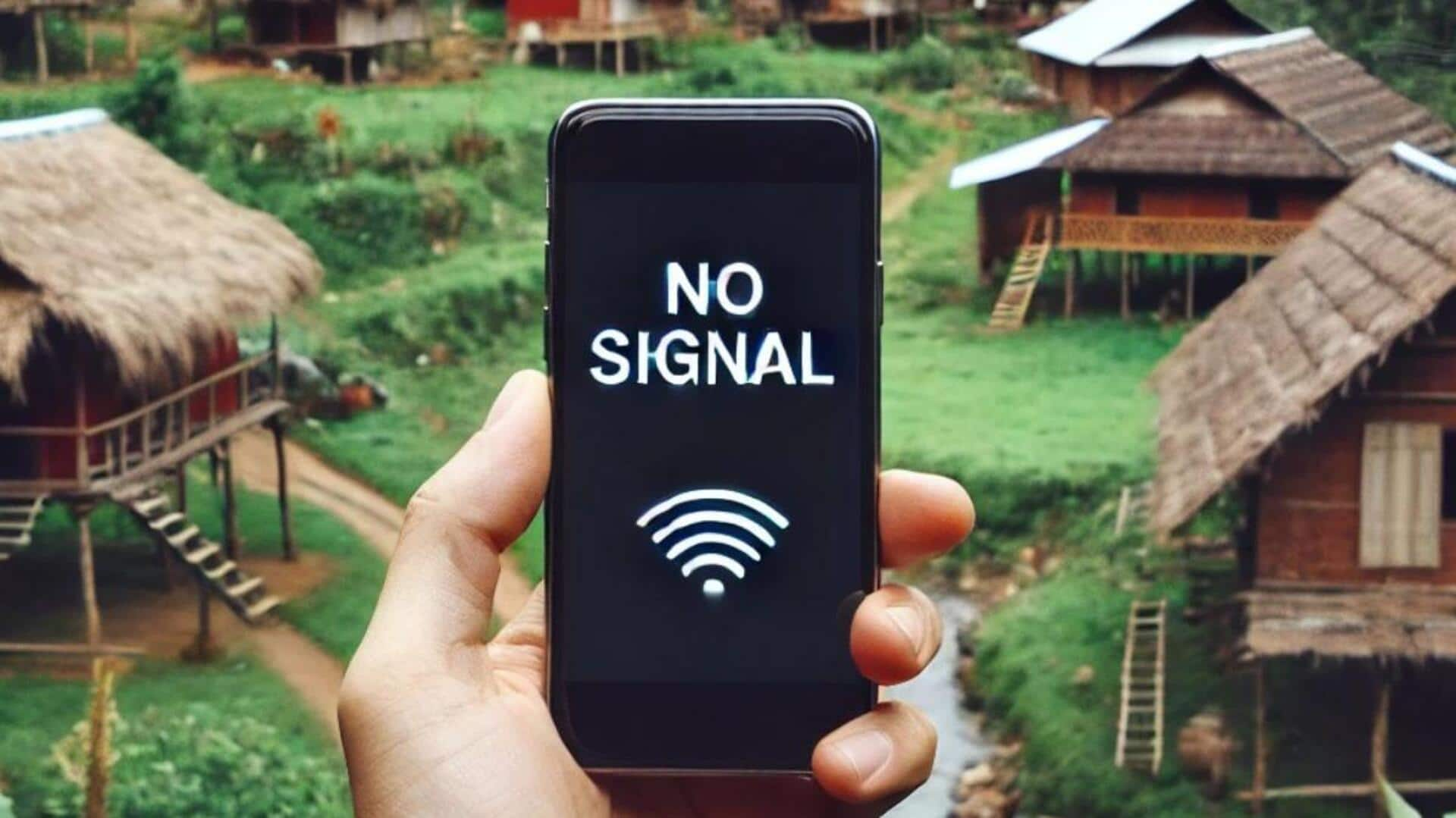
#TechBytes: How to boost mobile signal in rural areas
What's the story
In rural areas, mobile signals can be weak, making communication difficult. However, there are a few practical ways to improve mobile reception without spending a fortune. These methods are easy to implement and can significantly enhance signal quality, making it easier to stay connected. Here are some cost-effective strategies that can help boost mobile signals in rural settings.
Tip 1
Positioning your phone strategically
The position of your phone can make a world of difference to the signal strength. Try moving closer to windows or higher floors, as they generally have better reception due to less interference from walls and obstructions. Avoid keeping your phone near electronic devices that may cause interference.
Tip 2
Utilizing Wi-Fi calling
Wi-Fi calling allows you to make calls using an internet connection instead of a cellular network. This is especially useful in areas where mobile signals are weak but internet connectivity is strong. Check with your service provider if they support Wi-Fi calling, and enable it through your phone settings for improved call quality.
Tip 3
Installing a signal booster
A signal booster amplifies existing cellular signals to improve reception indoors. These devices capture outside signals, amplify them, and then transmit them inside your home or office. While they require an initial investment, they can be a cost-effective long-term solution for enhancing mobile connectivity in rural areas.
Tip 4
Choosing the right network provider
Different network providers have varying coverage maps and strengths in different regions. Researching and choosing a provider with better coverage in your area can make a significant difference in signal quality. Consider switching providers if your current one doesn't meet your needs effectively.
Tip 5
Reducing phone usage during peak hours
Mobile networks tend to get congested during peak usage hours, which can affect call quality and data speeds. If possible, try limiting phone usage during these hours or schedule important calls for off-peak times when network traffic is lower. This simple adjustment can lead to clearer connections and faster data access when needed most.